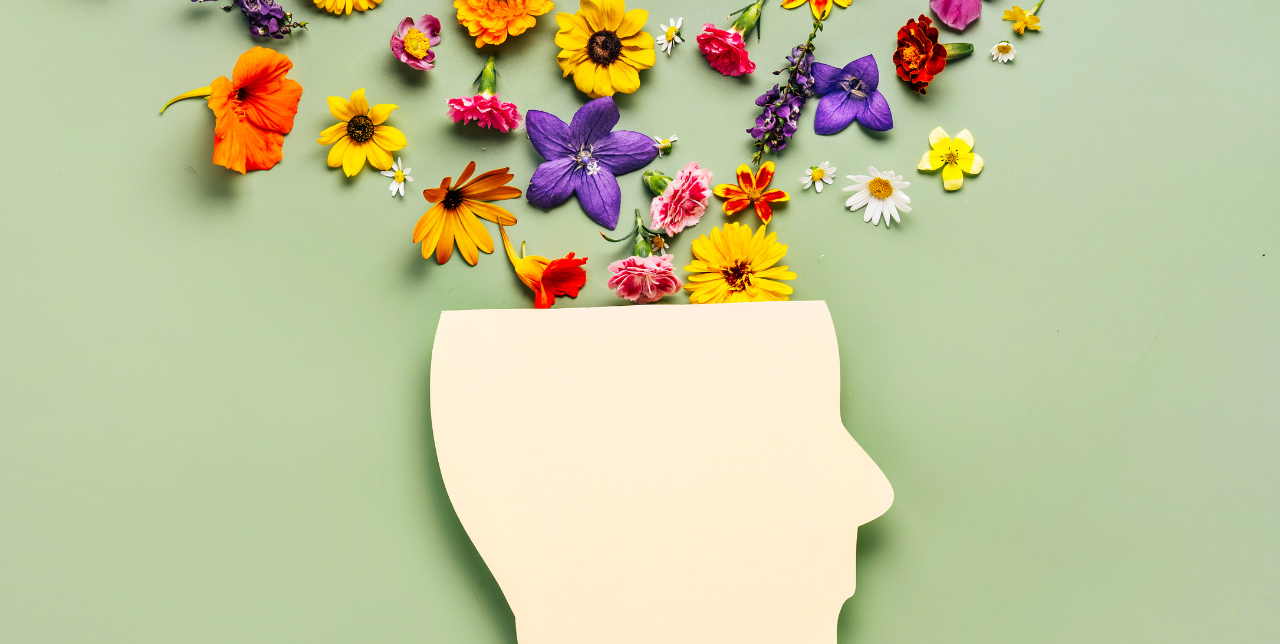In recent years, the buzz around CBD and mental health has grown louder. With mental health becoming a central topic of discussion, it’s no wonder that people are turning to CBD as a potential ally. But what’s the real deal here? Does CBD hold the key to managing the ups and downs of everyday life, or is it just another wellness trend? Let’s dive into the science and stories behind CBD and its connection to mental health.
A Quick Recap On CBD
First off, CBD (cannabidiol) is a compound found in cannabis plants. Unlike its cousin THC, CBD doesn’t get you high. Instead, it’s praised for its potential therapeutic effects, especially in the realm of mental health. How? It’s all about the neurology.
The Science Bit: CBD and Your Brain
CBD interacts with the body’s endocannabinoid system (ECS), a complex network involved in regulating various physiological and cognitive processes, including mood and emotional responses. By influencing the ECS, CBD can potentially affect the release and uptake of neurotransmitters like serotonin and dopamine, key players in mood regulation and anxiety.
CBD In Action
Anxiety Relief: One of the most cited benefits of CBD is its potential to alleviate anxiety. A 2019 study highlighted CBD’s effectiveness in reducing anxiety in teenagers with social anxiety disorder. Participants reported feeling less anxious during public speaking tasks, a classic anxiety trigger.
Depression Management: While research is still in its infancy, some studies suggest that CBD could offer a new approach to depression. Its potential to boost serotonin levels, similar to how SSRIs work, makes it a compound of interest for future treatments.
PTSD Support: CBD’s effects on the brain also extend to helping manage PTSD symptoms. Small-scale studies have shown that CBD can reduce nightmares and replaying of negative memories, common issues for those with PTSD.
Sleep Improvement: Good mental health is often tied to good sleep. CBD has been reported to improve sleep quality by addressing the root causes of insomnia, such as anxiety and pain, thereby supporting overall mental well-being.
Risks and Precautions
While the connection between CBD and mental health looks promising, it’s not without its caveats. The most important thing? Quality matters. The CBD market is unregulated, making it crucial to source your CBD from reputable providers to ensure purity and potency.
Also, interaction with other medications is a potential risk. If you’re considering CBD as part of your mental health strategy, talking to a healthcare provider is a must. They can provide guidance tailored to your specific needs and medical history.
Conclusion
The exploration of CBD and mental health is still unfolding, but the evidence so far paints a hopeful picture. By potentially regulating neurotransmitter function and supporting the ECS, CBD offers a fascinating avenue for mental health management. Whether you’re grappling with anxiety, depression, or just looking for a mental health boost, CBD might be worth considering. However, remember to approach it as part of a broader wellness strategy, including therapy, exercise, and a balanced diet.
As research continues to evolve, the future of non-psychoactive cannabinoids and mental wellness looks bright. By staying informed and cautious, we can navigate this emerging field and uncover the full potential of CBD for mental well-being.

